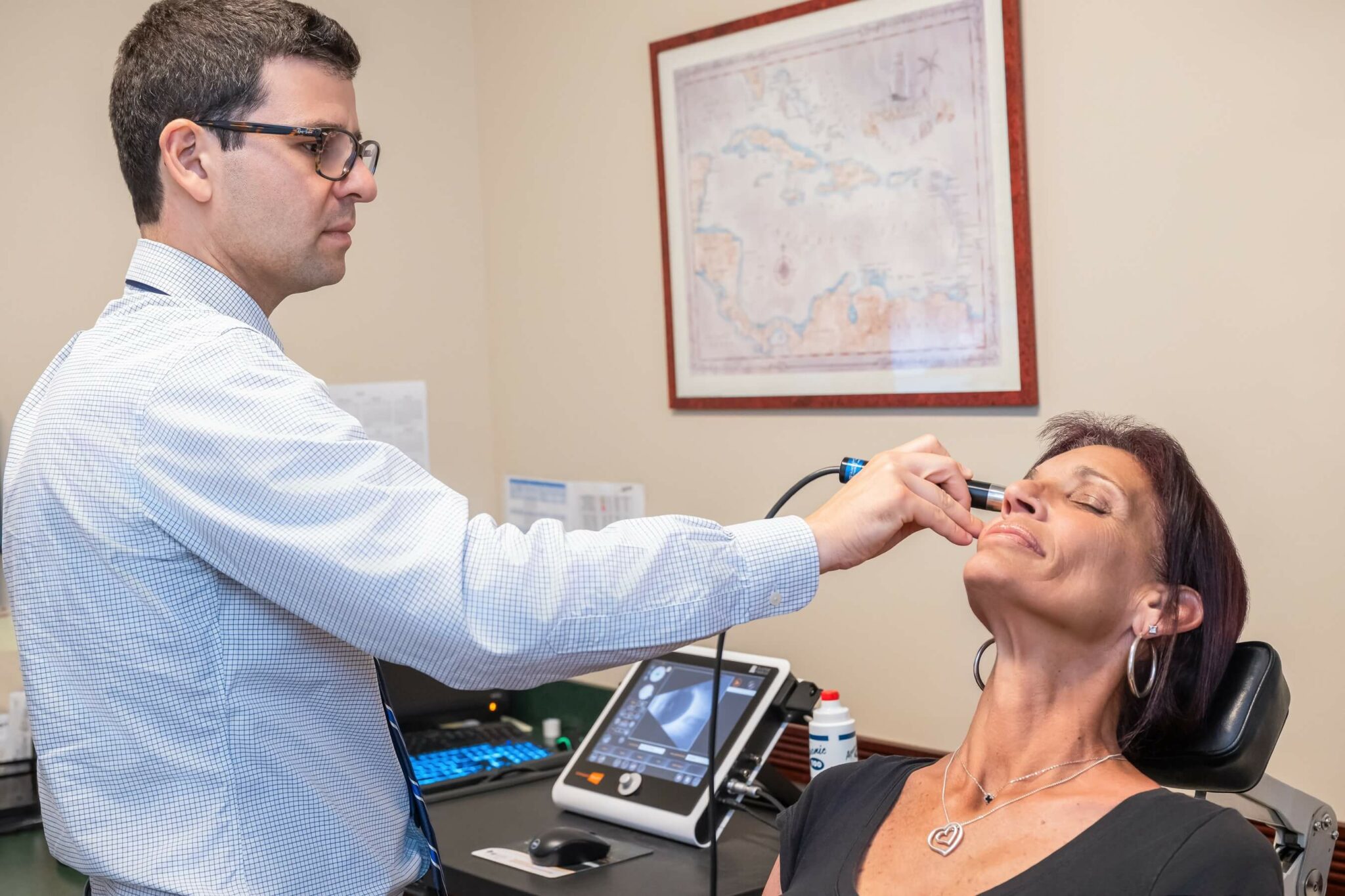What are Floaters?
The appearance of floaters may be alarming, especially if they develop very suddenly.
The vitreous, a clear gel-like fluid that fills the inside of your eye, may start to thicken or shrink, forming clumps or strands inside the eye when people reach middle age. The vitreous gel pulls away from the back wall of the eye, causing a posterior vitreous detachment. This is a common cause of floaters.
Posterior vitreous detachment is more common in people who are nearsighted; have undergone cataract operations; have had YAG laser surgery of the eye; and have had inflammation inside the eye.
The retina can tear if the shrinking vitreous gel pulls away from the wall of the eye. This sometimes causes a small amount of bleeding in the eye that may appear as new floaters.
A torn retina is always a serious problem, since it can lead to a retinal detachment. You should contact your ophthalmologist right away if you develop new floaters or see sudden flashes of light, especially if you are over the age of 45.

What are Flashes?
When the vitreous gel rubs or pulls on the retina, you may see what look like flashing lights or lightening streaks. You may have experienced this same sensation if you have ever been hit in the eye and seen “stars.”
The flashes of light can appear off an on for several weeks or months. As people grow older, it is more common to experience flashes. If you notice the sudden appearance of light flashes, you should contact your retina specialist immediately in case the retina has been torn.
What are the Symptoms of Floaters & Flashes?
You may sometimes see small specks or clouds moving in your field of vision. These are called floaters. You can often see them when looking at a plain background, like a blank wall or blue sky. While these objects look like they are in front of your eye, they are actually floating inside it. What you see are the shadows they cast on the retina, the layer of cells lining the back of the eye that senses light and allows you to see.
How are Floaters & Flashes Diagnosed?
At Retina Care Specialists, your pupils may be dilated with eye drops. During this painless examination, your doctor will carefully observe areas of your eye, including the retina and vitreous. If your eyes have been dilated, you will need to make arrangements for someone to drive you home afterward.
Floaters and flashes of light become more common as we grow older. While not all floaters and flashers are serious, you should always have a medical eye examination by an ophthalmologist to make sure that there has been no damage to your retina.
How do Eye Doctors Treat Floaters & Flashes?
Floaters may be a symptom of a tear in the retina, which is a serious problem. If a retinal tear is not treated, the retina may detach from the back of the eye. The only treatment for a detached retina is surgery.
Other floaters are harmless and fade over time or become less bothersome, requiring no treatment.
Even if you have had floaters for years, you should schedule an eye examination with your ophthalmologist if you suddenly notice new ones.

